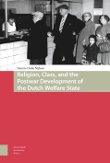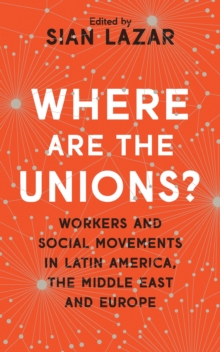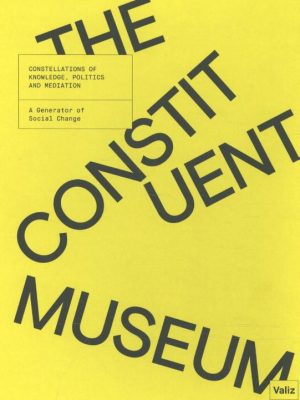Caution! For multiple reasons the stock that we show on the website sometimes differs with the real stock we have in the shop.
Religion, Class, and the Postwar Development of the Dutch Welfare State
€121.50
This book examines how the Netherlands managed to create and maintain one of the world’s most generous and inclusive welfare systems despite having been dominated by Christian-democratic or ŸconservativeŒ, rather than socialist dominated governments, for most of the post-war period. It emphasizes that such systems have strong consequences for the distribution of income and risk among different segments of society and argues that they could consequently only emerge in countries where middle class groups were unable to utilize their key electoral and strong labor market position to mobilize against the adverse consequences of redistribution for them. By illustrating their key role in the coming about of solidaristic welfare reform in the Netherlands, the book also offers a novel view of the roles of Christian-democracy and the labor union movement in the development of modern welfare states. By highlighting how welfare reform contributed to the employment miracle of the 1990s, the book sheds new light on how countries are able to combine high levels of welfare generosity and solidarity with successful macro-economic performance.
Author: Oude Nijhuis, Dennie Year: 2018 ISBN: 9789462986411 Pages: 340 Language: English Publisher: Amsterdam University Press Publisher's city: Amsterdam Publication date:






